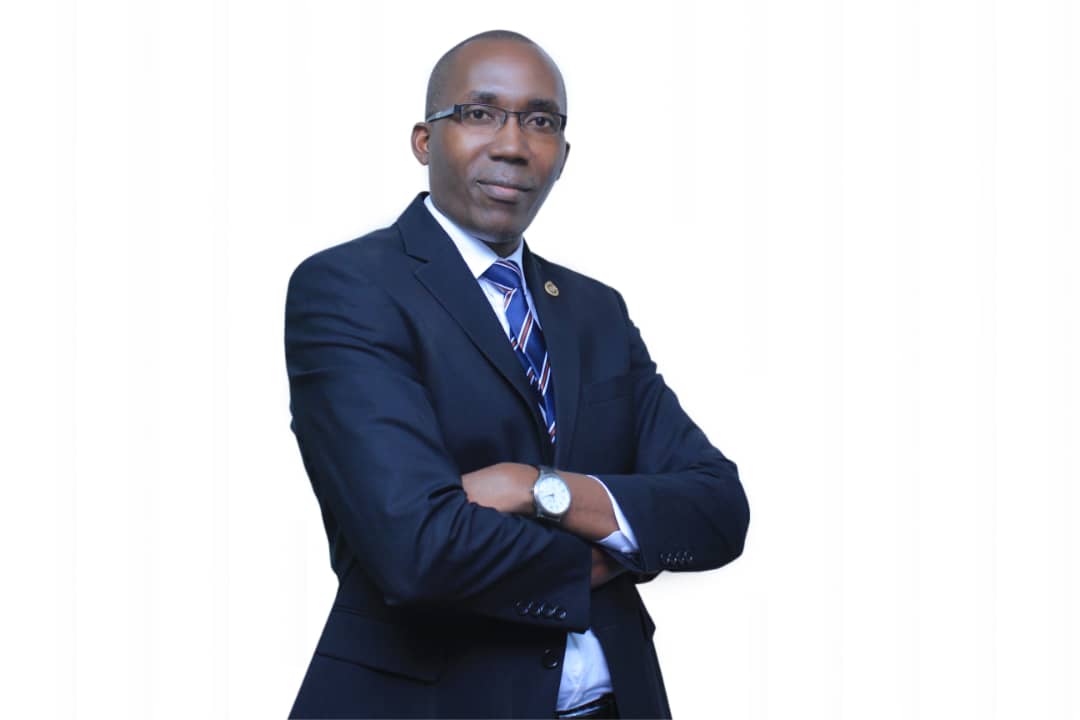
KAMPALA – The Former Managing Director of the National Social Security Fund (NSSF), Mr Richard Byarugaba, has dragged the government to court over refusal to renew his contract.
In a petition filed before the Civil Division of the High Court, Mr Byarugaba said it was unlawful for the Minister of Gender not to renew his contract yet the NSSF Board had recommended so in line with the law.
He also accuses Gender Minister Betty Amongi of ignoring the rightful procedures in the refusal to reappoint him, arguing that this was done without giving him a right to a fair hearing.
In a letter dated June 30 to the NSSF Board of Directors, which this publication has seen, Amongi said basing on the recommendations of the Inspector General of Government and Parliament, Byarugaba’s reputation had been damaged and hence could not be reappointed to the position.
But according to Byarugaba, who served as Managing Director of NSSF since August 1, 2010, Amongi relied on flimsy reasons not to renew his contract when she first wrote to him, saying that he should have retired automatically upon clocking the age of 60.
In his petition filed through his lawyers of Byenkya, Kihiika and Company Advocates, he adds that even without a reference to the Attorney General for advice, Amongi had ordered him to cease being the director on July 22, 2022. According to him, it was only with the intervention of the Attorney General that he was able to complete his second term of office.
Amongi had earlier accused Byarugaba of corruption and defiance of ministerial directives on the running of the fund.
But the former NSSF MD says the minister’s basis was out of emotions and personal vendetta.
“I know by the said letter, dated December 7, 2022, Amongi assumed the role of my primary accuser since she did not disclose any identifiable source from where the allegations originated’, says Byarugaba in his affidavit supporting the case.
Mr Byarugaba said the minister’s decision ignored the outcome of the report of the Inspector General of Government, which cleared him of myriad allegations crafted against him and vindicated the Board’s recommendation that he had met the statutory standard for reappointment with regard to his previous performance in office.
“The impugned decision was demonstrably motivated by animosity and active bias on the part of 2nd respondent/Amongi towards the applicant, manifested by her assumption of the role of the accuser, investigator, prosecutor and ultimately judge contrary to the rules of natural justice,” says Byarugaba.
The case is yet to be allocated to a judge.





